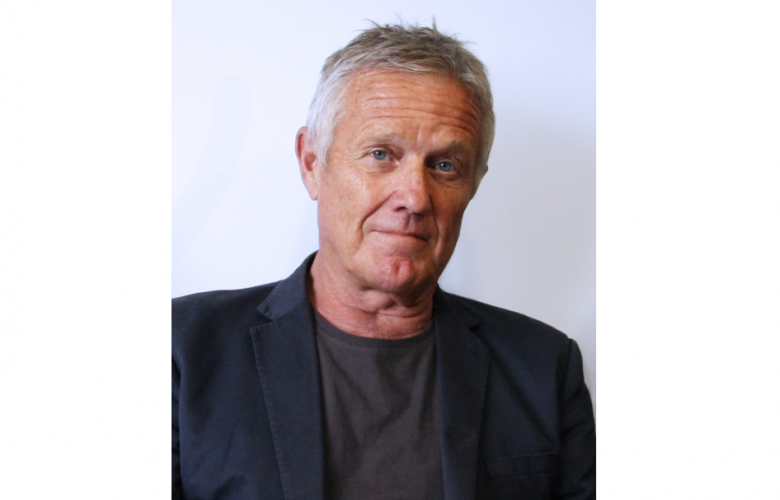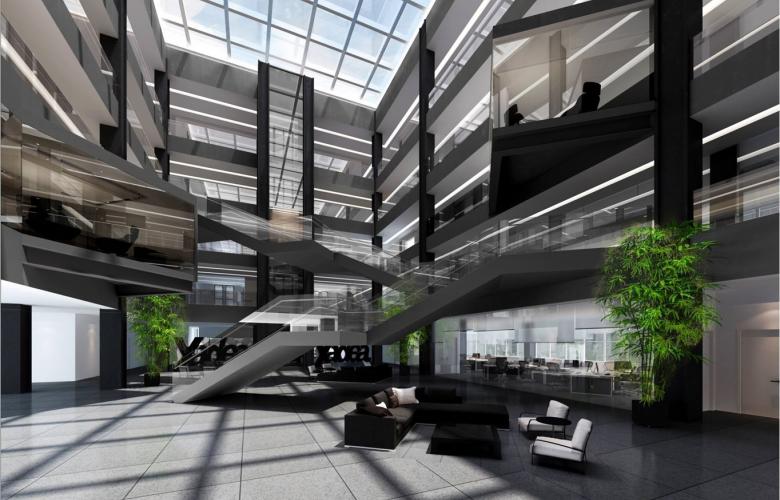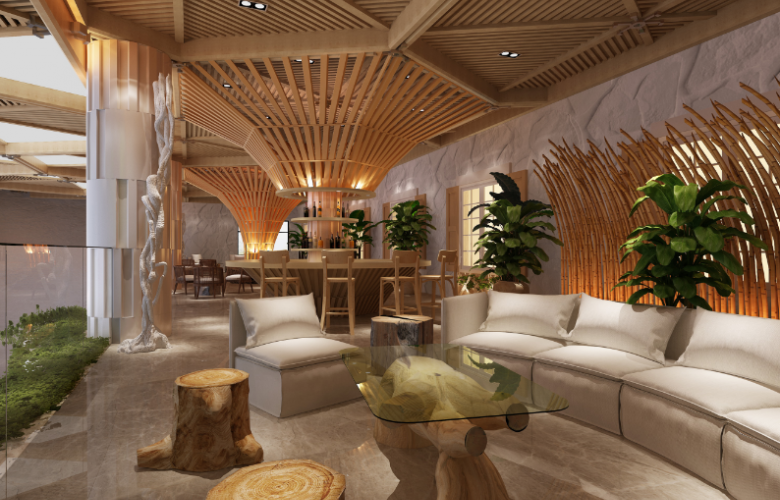Get to know hotel interior designer Roger Billington
Contact
Get to know hotel interior designer Roger Billington
Hotel designer Roger Billington sits down with The Hotel Conversation to discuss the industry, commenting on his experience in China and recent return to New Zealand.
What inspired you to chase hotel interior design as a career?
Interesting, it was never a conscious decision to focus on hotels until about 6 or 7 years ago. My offices in china were multi-disciplinary and we would take on most types of design projects be that product, space or architecture. One client in particular influenced the decision as he was so intent on minimising wasted space and creating hyper detail solutions that I ended up learning more from him that at any other stage of my career. It was his first hotel project that turned me into a hotel ‘freak’. He also went on to diversifying my portfolio more than any other single client, I did apartment block show houses, several restaurants, a museum, a water pump, several casings for industrial water systems and we were also the design lead on a Scania truck project involving a trip to Sweden to research the supply of 6 display trucks which we were to design for his company.
Prior to that I had done a few smaller boutique and country hotels while back in England (usually renovations or conversions use). They certainly interested me more than commercial or residential projects because they were an opportunity to develop so many aspects to the business, planning, space, materials, systems etc but most importantly building positive relations with clients.
I think its the complexity, not just the design issues but also the functional, how and where you locate an activity to ensure maximum efficiency, economy and user satisfaction. How you plan for maintenance, refurbishment and adaptability to ensure the life of the hotel. Also, the look, to be able to influence, often to determine, the way the hotel looks and the way it works to meet guest and the clients business plan. To be able to bring to this equation a series of new, sometimes alternative ideas and stories that make each hotel a bit special and memorable to those who work in it and those who visit it.
Outside of major cities, in particular, the design often needs to take into account such things as staffing capability and local construction skills, so designs must reflect actual achievable outcomes and operational realities otherwise a mismatch occurs resulting in a very difficult management operation.
What are some of your career highlights?
I think there are quite a few key projects, the hotel I referred to above is definitely one, to be able to adapt to such a difficult client and then turn that into 7 years of diverse and challenging projects is quite a highlight now I think of it.
Others would be in the education game, for several years I acted as the academic head of design at a polytechnic in NZ. I managed the processes necessary to introduce the first non-university degrees in design in NZ and followed that by doing the same in Australia, at CIT in Canberra.
I also think that to have been able to bring on so many young designers in a commercial context has been a high point, to show them, not just tell them, about the need for constant learning through research and self-development, some of the key attributes to being a good manager as well as a good designer.
What can I take away from your China hotel experience?
The attitude of pretty much all the designers, engineers and other professionals I dealt with has had a profound effect on the way I look at the business nowadays. Their positive and creative abilities and their work ethic is rarely matched. Their speed, multi-tasking ability, creativity and commitment is outstanding. It took me quite a while to understand how to capture all of this, but once you develop a mutually respectful working relationship and a clear contribution to their advancement in the profession, quality design results. Speed is an economic as well as market necessity in hotel design and construction and we seem to have lost that in western building processes. The low number, scale and speed of design and build is a direct result of these attitudes and its one that I look forwards to permeating the NZ/Oz hotel design market.
What advice would you give developers when creating their new hotel?
This depends on the experience of the developer. If you are working on a recognised brand it depends on their knowledge of the area/location and at what stage they are with the brief. The guest profile will be determined, staffing considerations will have been considered and hotel management will have a significant role to play in the key functional issues so the ‘feel’ of the development is really where the designer plays the most significant role. I employ a constraints model, which in addition to the brief and strong working relationships with both client and management, allows a focus more on the look and ‘fun’ or excitement of the hotel.
All these vary between holiday, business and luxury hotels and these decisions are made very early on.
However, if non corporate, maybe a family investment or a group of developers or a small chain looking to develop added properties to their portfolio, the advice is more comprehensive. I would include detailed research and a clear understanding of guest profiles, detailed economic analysis, all the usual background information. I would advise a timetable that puts pressure on every aspect of the process regardless of the reaction, I have never suffered from too much pressure on time frames, design is a stressful business and if your designers cannot handle the pressure, you have the wrong designers. This is nothing to do with quality, its to do with cost.
It is my ambition to foster these time related practices in the NZ/Oz offices as they will need to interface with my offices in China and I have no time to correct a mis-match on project speeds.
What role does Pacific Environments/Billington play in the hotel development process?
Pacific Environments/Billington has facility to be involved in all aspects of any hotel development, anywhere.
From planning to architecture, interiors to furniture and fittings, we can handle the complete process, or any part of it.
This may be new build or renovation or adaptive design where an existing building is refurbished from top to bottom.
We can help with identifying the direction, look and feel and can introduce hotel management if required.
What is your favourite hotel and holiday destination?
There is no favourite destination these days, I only go where I like the look and that is always to see what other people have done with their hotels, and wine.
I have visited over 150 cities in China and stayed in some extraordinary hotels, people who have not visited, would not believe what’s been happening to hotel design in china over the last 20 years, ho hum, so now I look for personality in design. The peace and quiet with a good book day went a long time ago.
I am a firm believer in smaller specialised hotels, I have stayed in most of the chains, which I appreciate greatly for the slick look and systems design but prefer the individuality/scale of context specific reworks.
The only return I insist on is The Pelham in Kensington, just a later middle aged foible. A very straightforward Georgian conversion which just places me each time I go to London, from there I can remember where I am, and this typifies the corrective function a good hotel can perform.
Click here to view the Pacific Environments NZ website.
Related Reading:
Overseas guests boost South Island accommodation
New Zealand records strong growth from China amid moderating visitor arrival growth










